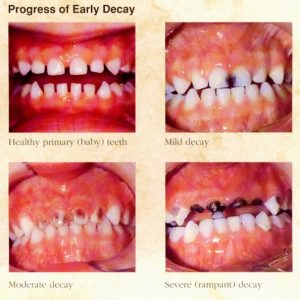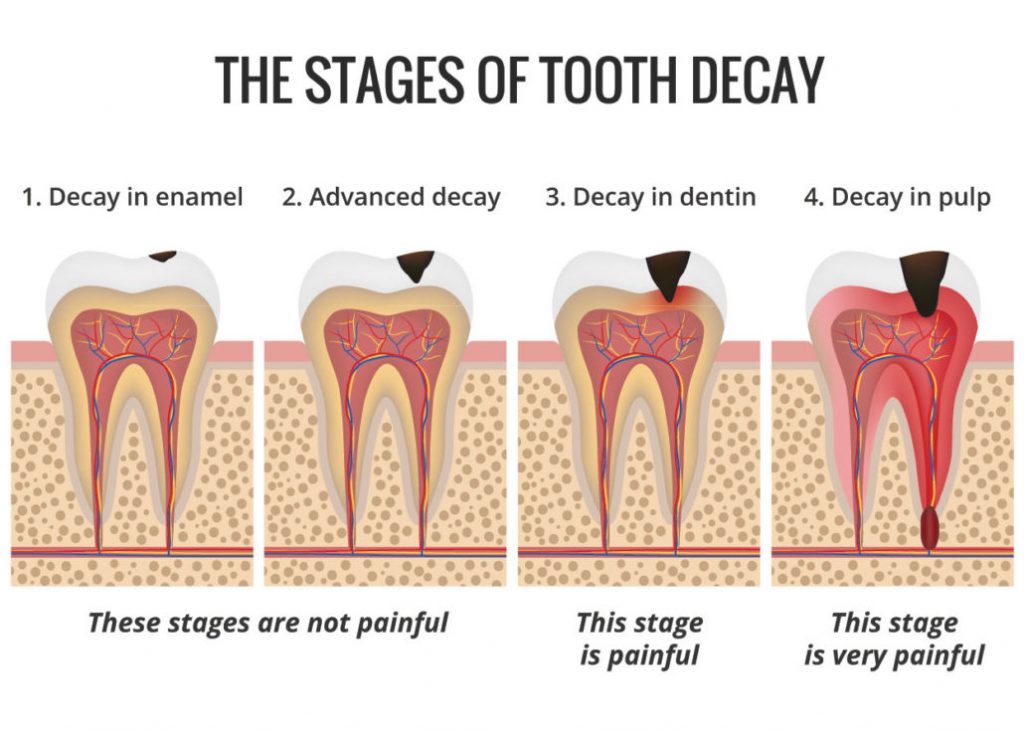Thinking about Pregnancy? How’s your oral health?
We are here to help regardless. Many women believe dental treatment is not safe during pregnancy. In fact, healthy oral hygiene is very important in the development of your baby. It’s true that the hormonal changes of pregnancy can lead to “pregnancy gingivitis.” This produces swelling, bleeding or tenderness in the gums. Pregnant women with periodontal (gum) disease may be at a higher risk of problems such as early delivery or low birth weight babies. And the children of women with current tooth decay, or a lot of decay in the past, are more likely to get cavities before the age of 5.
Of course, in certain circumstances such as heart trouble, diabetes, or bleeding disorders, consulting with your physician for special instructions is a requirement.
According to the National Maternal and Child Oral Health Resource Center (NMCOHRC), radiographs, pain medication, and local anesthesia are all safe in aiding oral disease management. It is best to have dental procedures completed early in the second trimester. The first trimester is vital in the development of your baby’s organs. This is the time when the fetus is more likely to be affected by the mother’s exposure to harmful chemicals, medicines, caffeine, alcohol and tobacco.
The third trimester presents other risks in the final stages of development of your baby. But, regardless of the trimester, urgent dental treatment should not wait. Examples of urgent dental problems include a broken tooth, an infection or another problem that causes pain.
Got Nausea?
It is very important to rinse immediately after vomiting. Acid from the stomach can attack the enamel. Weaker or eroded enamel attracts staining and tooth decay.
Overall, your dental health is very important to maintain before, during, and after pregnancy. A healthy smile is a happy life for you and your baby.





